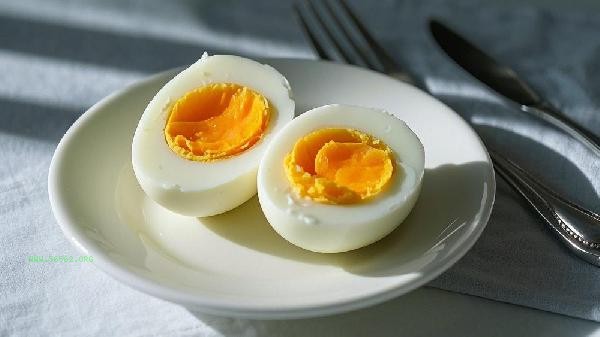Fresh eggs can generally be stored for 7-10 days at room temperature, and can be stored for 3-5 weeks under refrigeration conditions. The actual storage time is affected by factors such as storage temperature, eggshell integrity, cleanliness, storage method, and whether it has been cleaned.

1. Storage Temperature
Temperature is a key factor affecting the shelf life of eggs. When the room temperature exceeds 20 degrees, the evaporation of water inside the egg accelerates, the expansion of pores makes it easy for bacteria to invade, and the storage time is greatly shortened. A low temperature environment of around 4 degrees Celsius in the refrigerator can effectively inhibit the growth of microorganisms such as Salmonella and extend the shelf life. Unrefrigerated eggs can only be stored for 3-5 days in summer.
2. Eggshell integrity
A intact and crack free eggshell can block the invasion of external microorganisms. The surface of eggshells has a natural protective film that can seal the pores and reduce water loss. If there are tiny cracks in the eggshell, bacteria can enter the egg through the cracks, and even if refrigerated, it should be consumed within 2 days. Special attention should be paid to hidden cracks caused by collisions during transportation.
3. Cleanliness
Eggs with feces or soil on the surface are more likely to breed bacteria. Unclean eggs with feces can be stored in a dry environment for a longer period of time, but may contaminate other foods. Pre washed eggs on the market require refrigeration and have a shortened shelf life due to the removal of protective film. Before storing at home, use a dry cloth to gently wipe away dirt and avoid damaging the protective layer with water.

4. Storage method
Placing the tip of the egg facing downwards can position the air chamber at the top, reducing the probability of contact between the egg yolk and the stomata. Storing in a covered container can avoid absorbing refrigerator odors and prevent moisture loss. Loose eggs should avoid stacking too many to prevent the bottom from being compressed and broken, and an independent egg tray is the best choice.
5. Cleaning Treatment
Water washing can damage the protective film of the cuticle layer on the surface of eggshells, accelerating spoilage. If cleaning is necessary, rinse quickly with water below 40 degrees Celsius, then immediately dry and prioritize consumption. Industrial cleaning of eggs involves applying food grade mineral oil instead of protective film, which cannot be replicated by households. Therefore, the shelf life of self washed eggs is halved.

It is recommended to choose eggs with a recent production date when purchasing, store them in refrigeration, and regularly check their condition. Eggs can be soaked in cold water to test their freshness, and the faster they sink, the fresher they will be. When there is an odor, cloudy or yellowish egg white, it should be discarded immediately. Eggs are rich in nutrients but prone to spoilage. Reasonable storage can maximize the retention of their high-quality protein, lecithin, vitamin A and other nutrients, avoiding waste and the risk of foodborne diseases. Daily cooking should ensure complete heating, and soft boiled eggs should be made using fresh eggs from within a week.








Comments (0)
Leave a Comment
No comments yet
Be the first to share your thoughts!